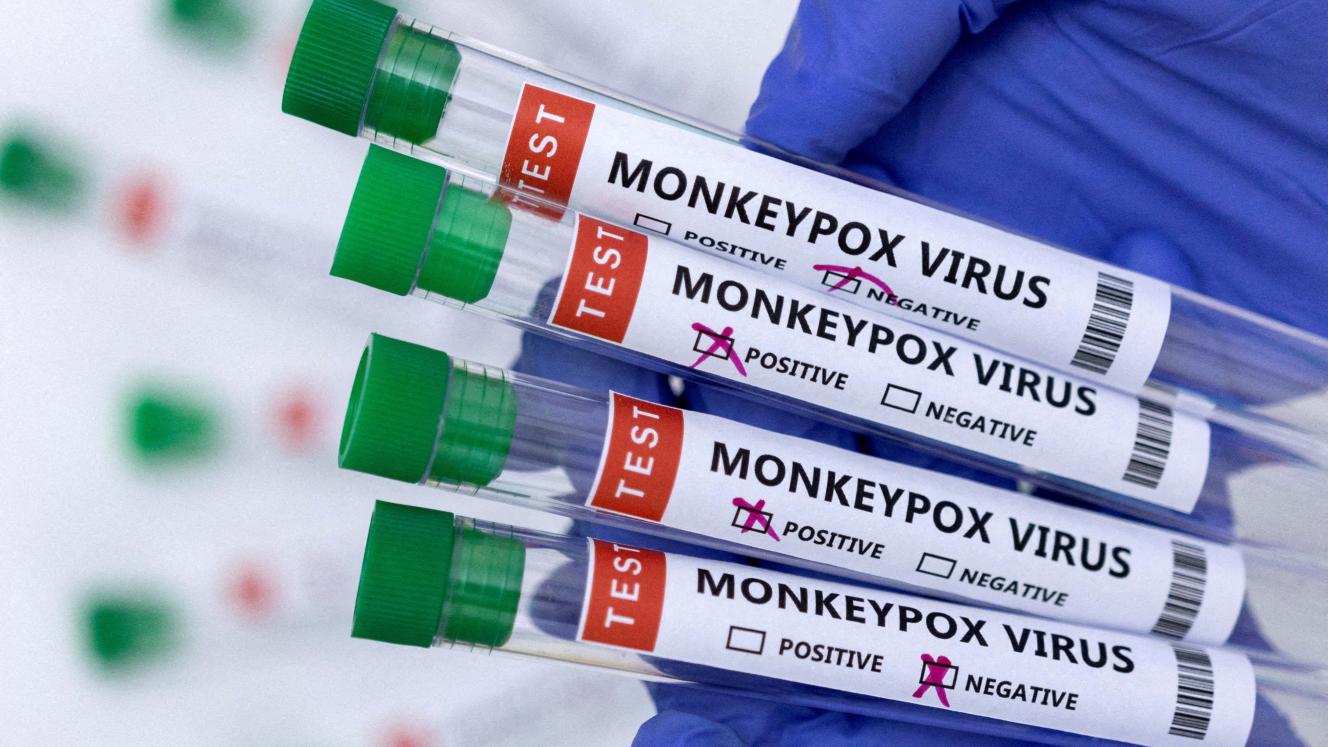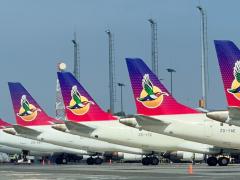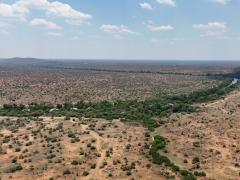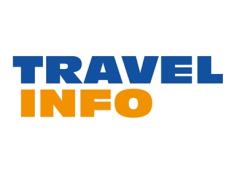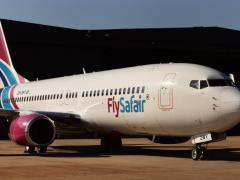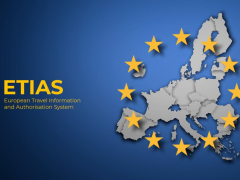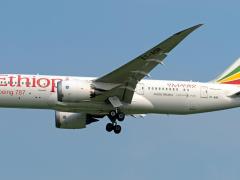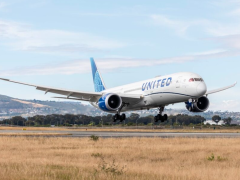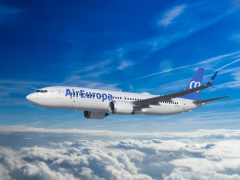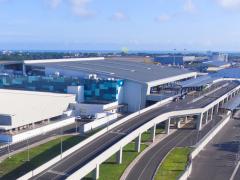Last Saturday, July 23, The World Health Organization (WHO) activated its highest alert level in response to the mushrooming monkeypox outbreak, declaring the virus a Public Health Emergency of International Concern.
The rare designation means that a co-ordinated international response is needed to prevent the virus from spreading further and potentially escalating into a pandemic. But, at present the WHO is not recommending mass vaccination.
The WHO can only issue guidance and recommendations to its member states. Member states are required to report events that pose a threat to global health.
North America, Europe
The current monkeypox outbreak is reported to be spreading in North America and Europe, where the virus is not naturally found. Historically, monkeypox been a disease that has spread at low levels in remote parts of West and Central Africa where rodents and other animals are reputed to carry the virus.
Europe is currently the global epicentre of the outbreak, reporting more than 80% of confirmed infections worldwide in 2022. The US has reported more than 2 000 cases across 43 states.
More than 16 000 cases of monkeypox have been reported across 75 countries so far this year, and the number of confirmed infections rose 77% from late June through early July, according to WHO data. Five deaths from the virus have been reported in Africa this year but no deaths have been reported outside Africa so far. Most people recover in two to four weeks, according to the US Centers for Disease Control and Prevention (CDC). The virus causes a rash that looks like pimples or blisters, and can be painful.
The WHO last issued a global health emergency in January 2020 in response to the COVID-19 outbreak and two months later declared it a pandemic.
Unlike COVID-19, monkeypox is not a new virus and was discovered in 1958 in captive monkeys used for research in Denmark. The first recorded case of a human infected with the virus was in 1970 in the DRC.
Because it’s not new, there are already vaccines and antivirals in existence to prevent and treat the disease it causes, but they are not widely available. The US is already distributing a vaccine named Jynneos to try to suppress the outbreak. The US Food and Drug Administration approved this two-dose vaccine in 2019 for adults who are at high risk of monkeypox or smallpox infection. Over
300 000 Jynneos doses have been distributed in the US since May and the US Health and Human Services Department is reported to have ordered another five million doses.
The US also has more than 100 million doses of an ‘older generation’ smallpox vaccine called ACAM2000, that is also likely effective at preventing monkeypox. But ACAM2000 can have serious side effects and is not recommended for people who have weak immune systems, including HIV patients, people who have certain skin conditions and pregnant women.
There is no data yet on the effectiveness of these vaccines against monkeypox in the current outbreak, according to the CDC.
The WHO is not recommending mass vaccination, and the US is currently reserving the vaccines for those who have confirmed or presumed monkeypox exposures. Unlike COVID, vaccines against monkeypox can be administered up to four days after exposure due to the virus’s long incubation period.
